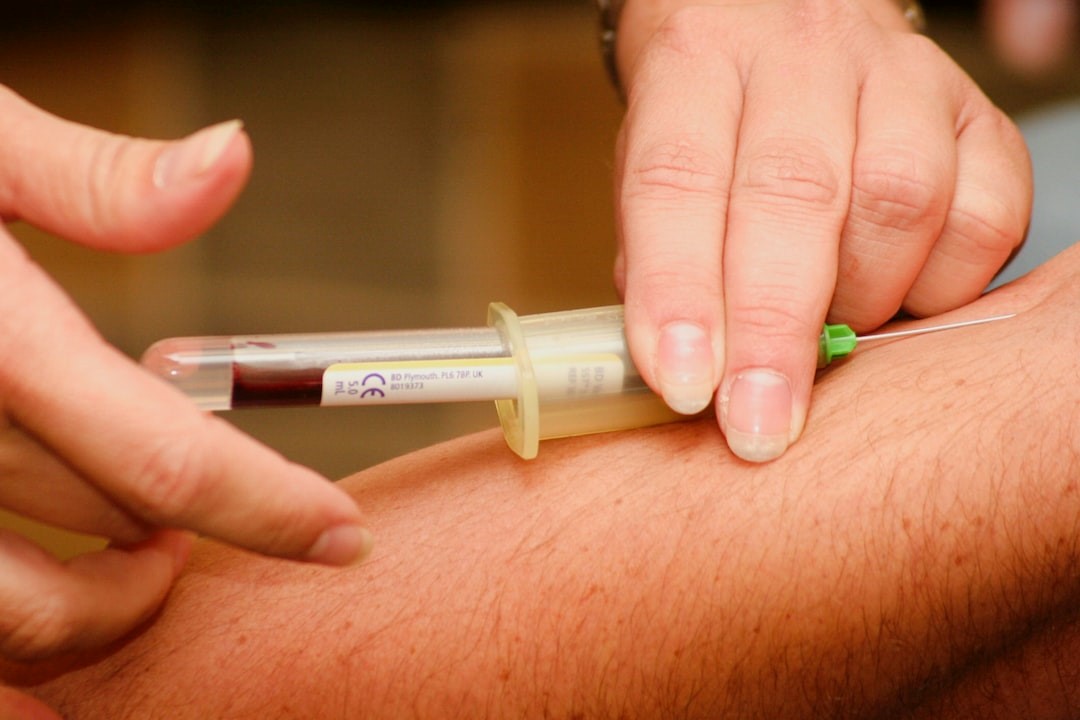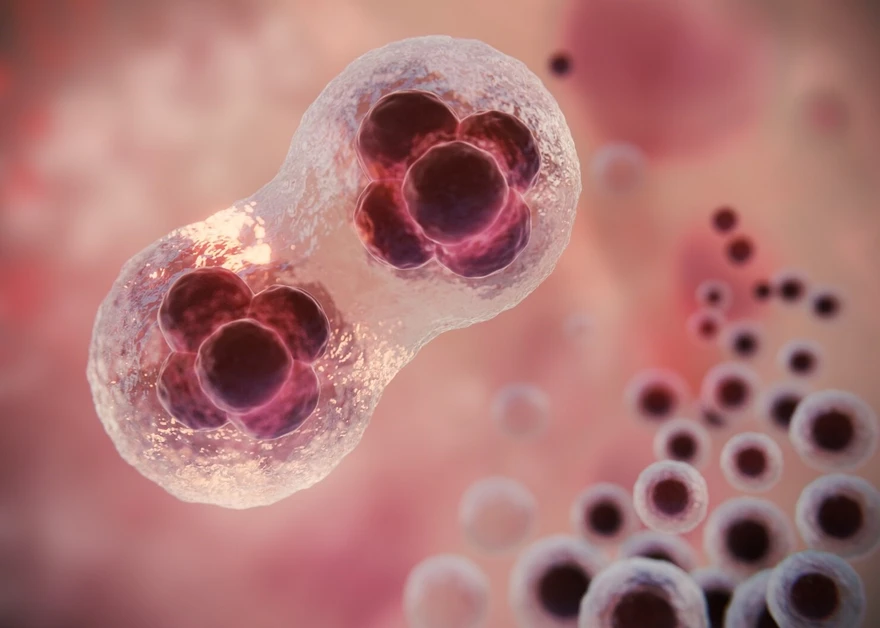Preventive Healthcare
What is Hypogonadism: Symptoms, Treatments, Causes and Types
1817 Views
0

What is Hypogonadism?
In simple words, hypogonadism can be described as a deficiency in sex hormones or gonadal deficiency. The sex glands, also known as gonads, are ovaries in people assigned female at birth (AFAB) and testes in people assigned male at birth (AMAB). In males, this condition occurs when the testes fail to produce male sex hormones like testosterone or sperm. Conversely, females may experience difficulties in their menstrual cycle and control of secondary sex characteristics like breast development.
Hypogonadism can occur from birth or due to a disease or injury later in life. Whatever the cause, the signs and symptoms you experience determine the deficiency's severity.
Types of Hypogonadism
There are three main types of hypogonadism: primary, secondary and eugonadotropic hypogonadism.
Primary Hypogonadism
This is a disorder in which your body does not have enough sex hormones because of a problem with your gonads. Your gonads may still be able to receive the messages required to produce hormones from the brain but cannot produce the necessary hormones. This condition is also referred to as hypogonadotropic hypogonadism.
Secondary Hypogonadism
In this type of hypogonadism, the issue is usually in the brain. The pituitary gland or hypothalamus is a small organ in or near the brain. These glands control your gonads, and any problem with them can result in your gonads not getting the stimulation they need. This condition is also known as hypogonadotropic or central hypogonadism.
Eugonadotropic Hypogonadism
In this type of hypogonadism, you may experience the disorder's symptoms even though your pituitary glands are functioning the way they are supposed to. It primarily affects females and can affect the ovaries, causing issues such as polycystic ovarian syndrome (PCOS).
Hypogonadism Symptoms
Most people with hypogonadism do not even realise that they have the condition. The International Journal of Clinical Practice recently stated that conditions like hypogonadism are usually overlooked in adult males as the symptoms are easy to ignore or can be attributed to something else. The below listed are some of the most common symptoms of hypogonadism.
Male Hypogonadism Symptoms
- A sudden reduction in sex drive
- Erectile dysfunction
- Shrinking testicles
- Loss of pubic or armpit hair
- Zero or low sex drive
- Hot flashes when levels of testosterone are low
- Depression or low mood
- Problems with memory and concentration
- Higher body fat
- Lower endurance
- Enlarged male breast tissue
- Lower muscle mass and strength
- Lower endurance
Female Hypogonadism Symptoms
- Dry skin
- Tender breasts
- Brittle or weak bones
- Trouble concentrating
- Dryness or atrophy in the vagina
- Irritability
- Moodiness
- Weight gain, more around the belly
- Night sweats and hot flashes
- Irregular or no periods
- Regular headaches, especially before or during periods
- Reduced sex drive and painful intercourse
- Trouble sleeping and fatigue
Hypogonadism Symptoms in Children
Children who have hypogonadism from birth may also experience the below symptoms.
- Lack of growth and sexual development during puberty
- Absence of menstrual periods and breast development in girls
- No development of sex characteristics like the enlargement of the testes and penis, deepening of the voice and facial hair in boys
- Loss of smell
- Short stature
Causes of Hypogonadism
Hypogonadism is usually caused due to the lack of hormones that stimulate the ovaries or testes, including gonadotropin-releasing hormones (GnRH), follicle-stimulating hormone (FSH), and luteinizing hormone (LH). Any discrepancy with the production of these hormones can cause hypogonadism. Some of the most common causes of hypogonadism are listed below.
- Damage to the pituitary glands or hypothalamus due to injury, surgery, infection, tumour or radiation
- Severe stress
- Genetic defects
- High doses and long-term use of steroids or opioids
- High levels of prolactin
- Nutritional issues
- Overuse of drugs
- Specific medical problems like an iron overload
Exams and Tests for Hypogonadism
After a physical examination, your healthcare provider may suggest the following tests to confirm their diagnosis.
- Blood tests measure hormones such as FSH, LH and TSH, prolactin, estradiol and testosterone
- How LH responds to GnRH
- Genetic testing
- Thyroid function tests
- Tests that check iron levels the in blood
- In rare cases, an MRI of the hypothalamus or pituitary gland is needed to check for tumours or other growths
Hypogonadism Treatment
The treatment options for hypogonadism usually depend on the source of the problem. These include the following:
- Testosterone injections for males
- Testosterone gels for males
- Testosterone skin patches that slowly release testosterone for males
- Estrogen and progesterone skin patches or pills for women
- GnRH injections
- HCG injections
Outlook for Patients
Individuals diagnosed with hypogonadism need the right hormone treatment that will help trigger puberty in children and may also restore fertility in adults. If the condition persists even after puberty in adulthood, treatment can help reduce symptoms and improve the quality of life.
Although hypogonadism can be chronic in some cases, it is easily diagnosable, and with the appropriate medical treatment, individuals can live a fairly normal life. However, it is essential not to ignore the symptoms and visit your doctor as soon as possible, as the levels of sex hormones can keep decreasing if hormone therapy is not provided.
Individuals diagnosed with such conditions can also gain support from different support groups and therapy before, after or during the treatment to talk to people who understand their situation.
Metropolis Healthcare is one of the leading healthcare providers in India. Along with the usual blood and body fluid tests, we also provide you with total health checkup packages that are customised based on age and gender.













1701259759.webp)









 WhatsApp
WhatsApp